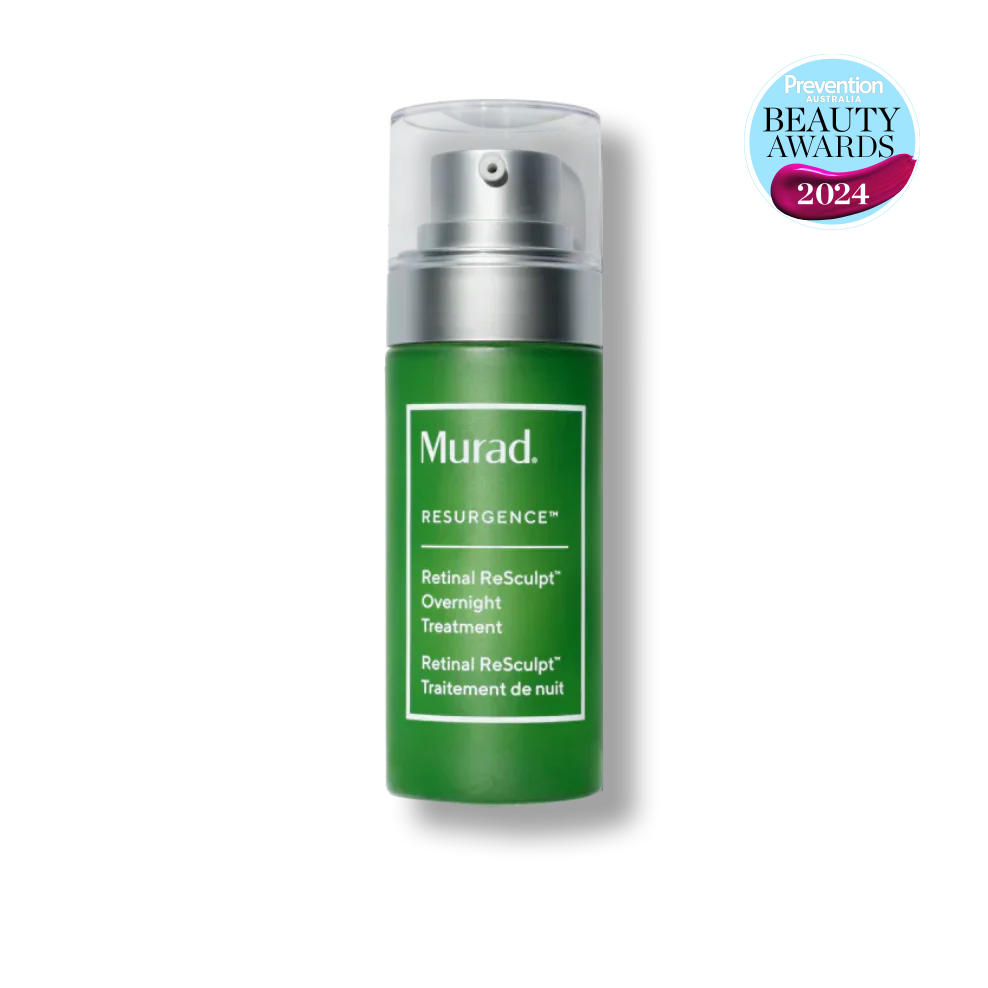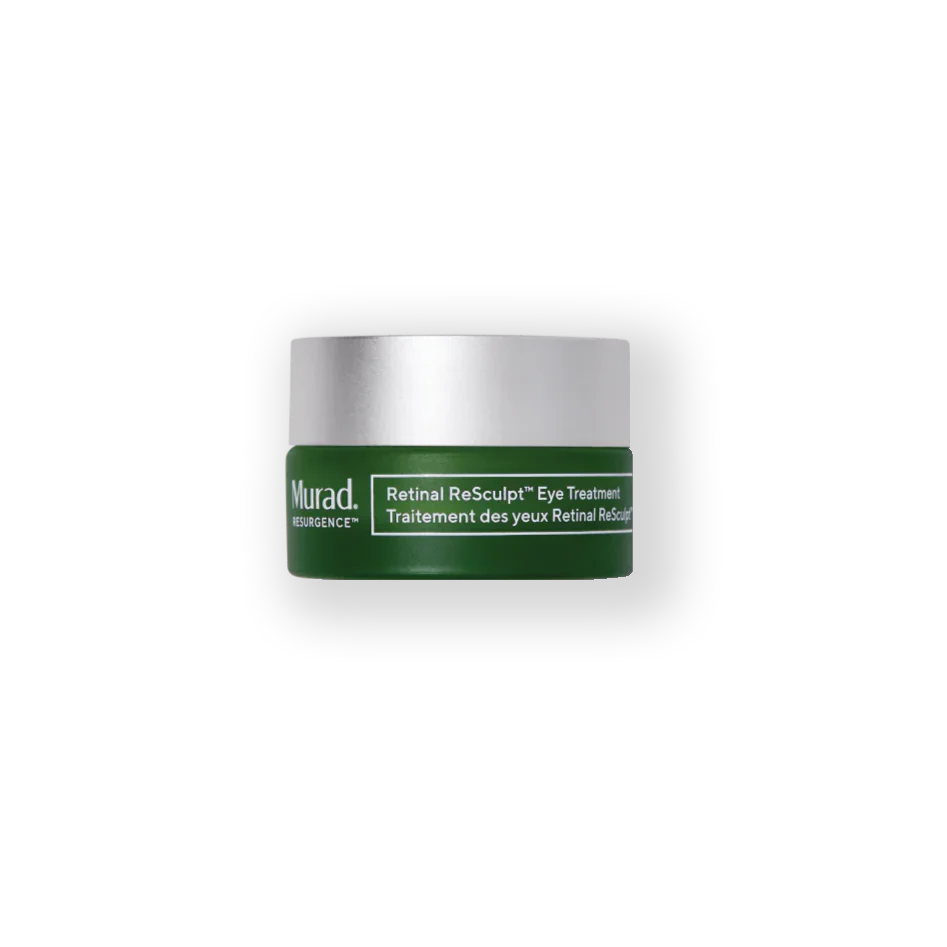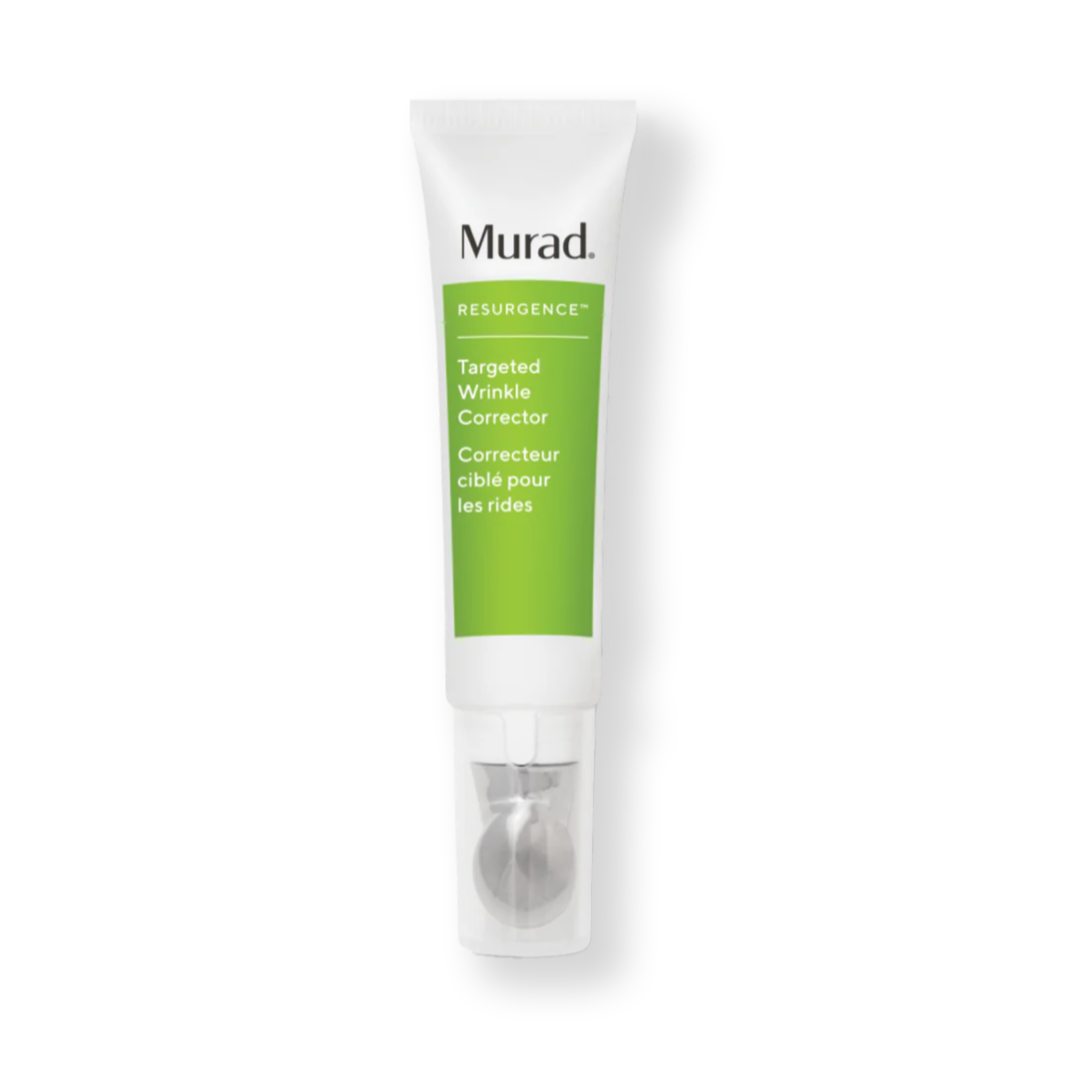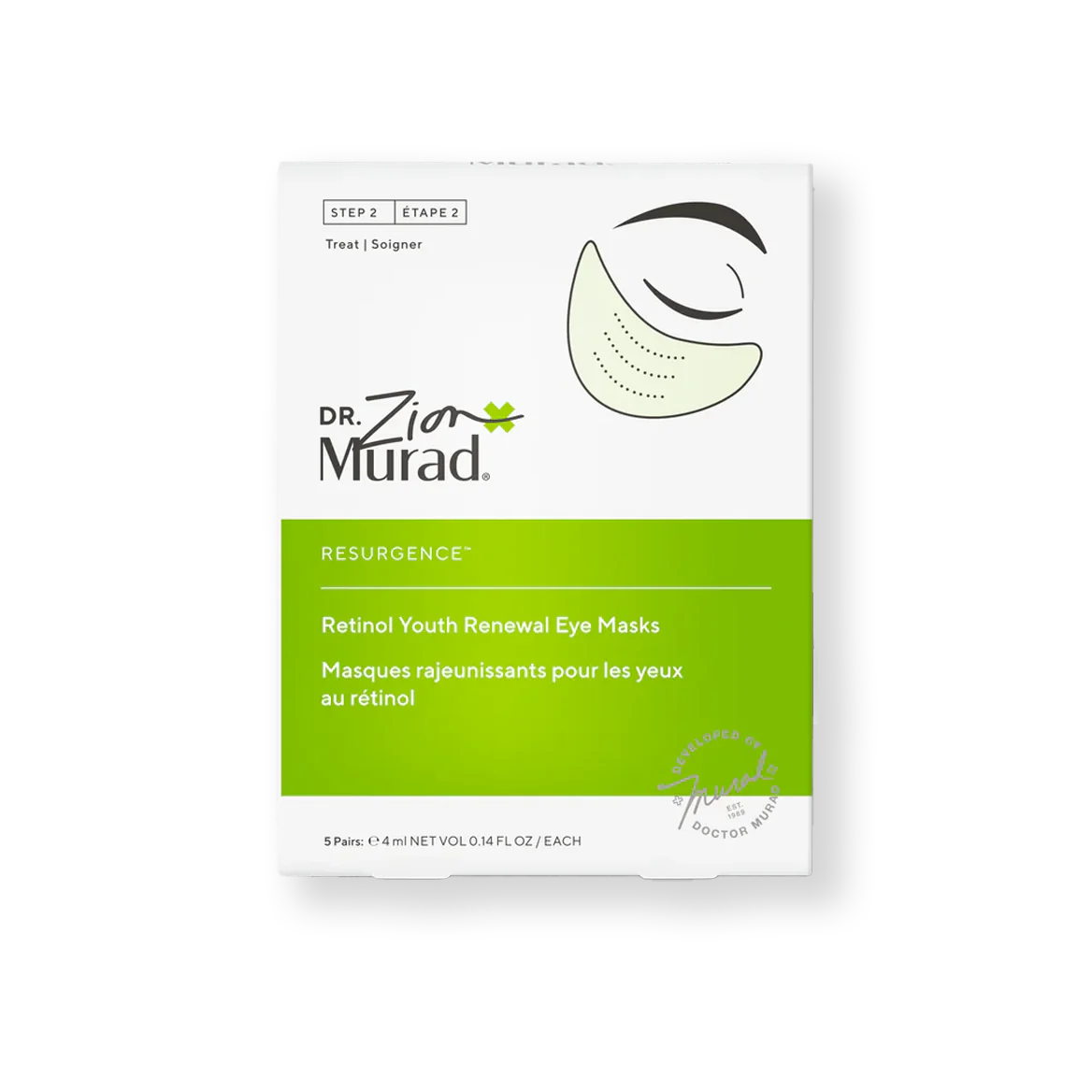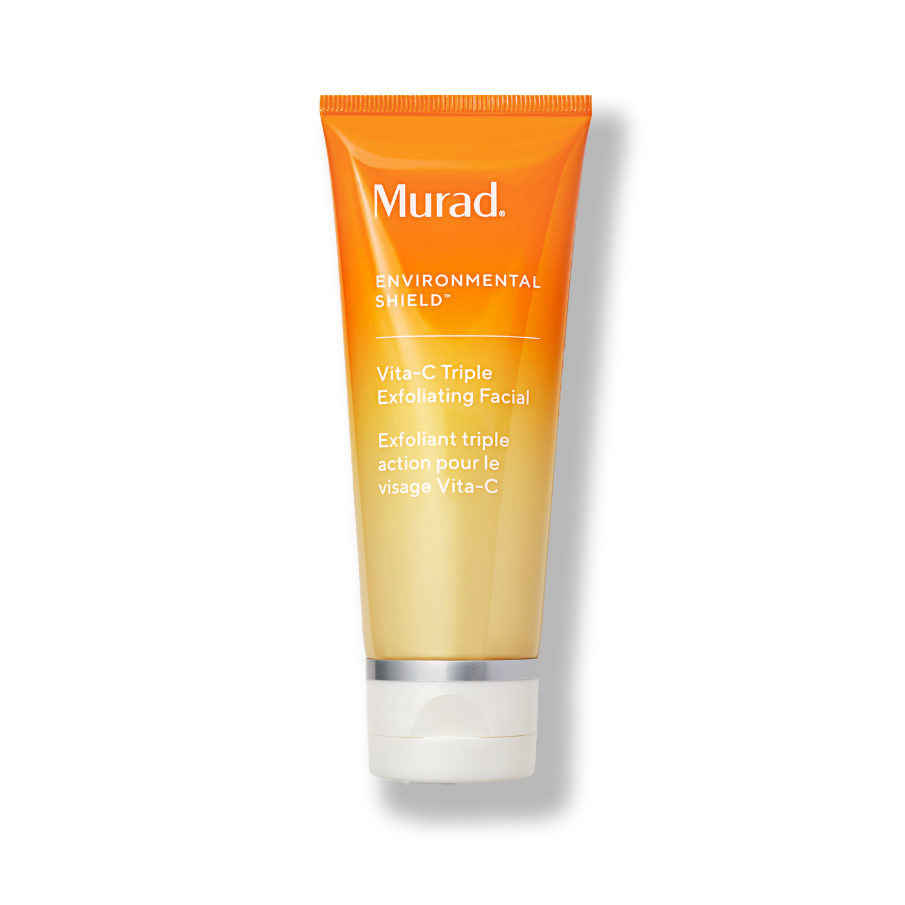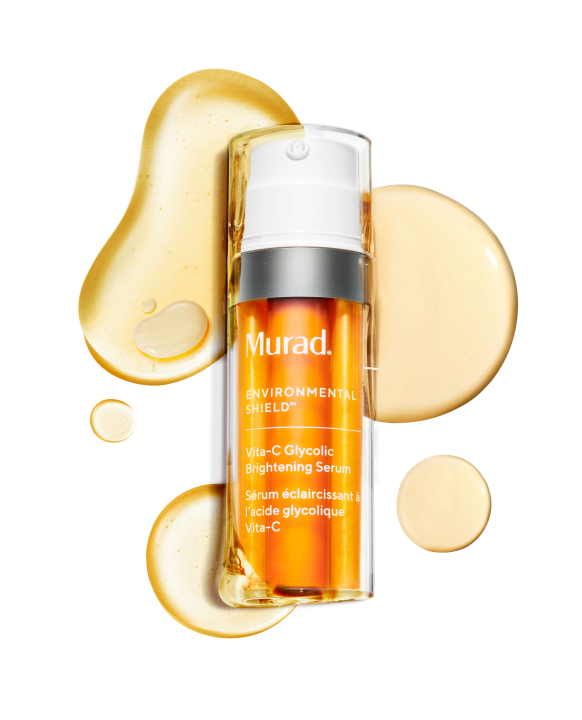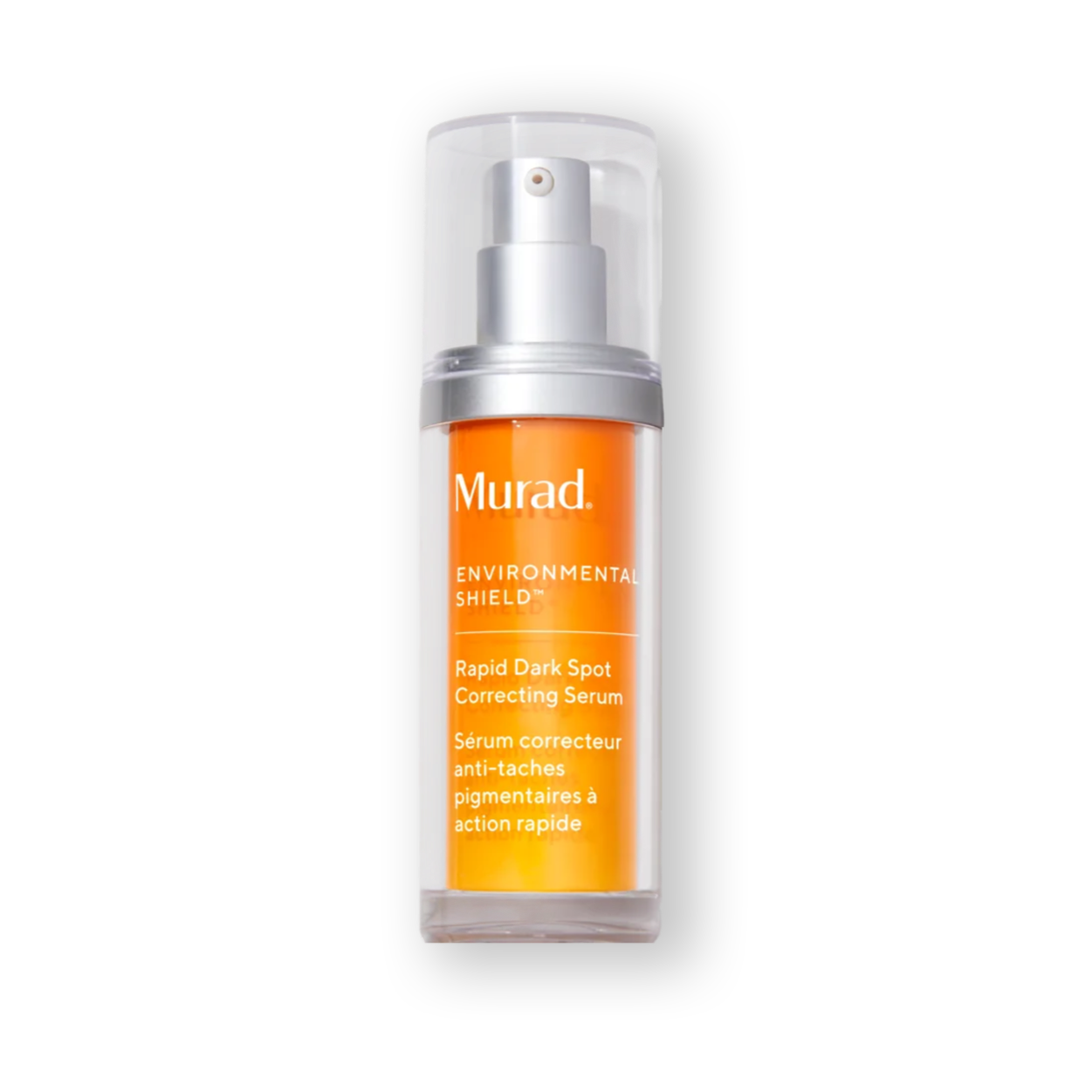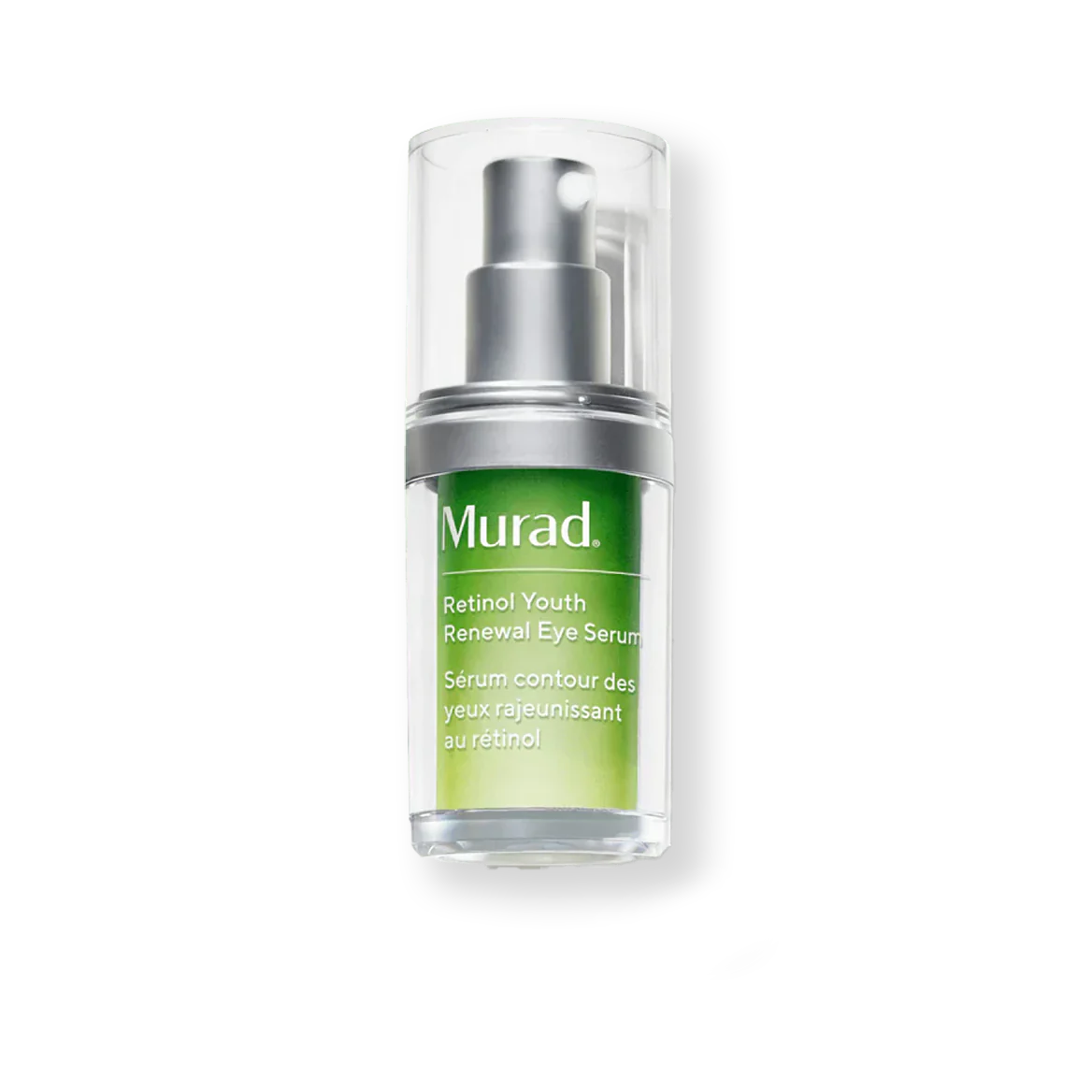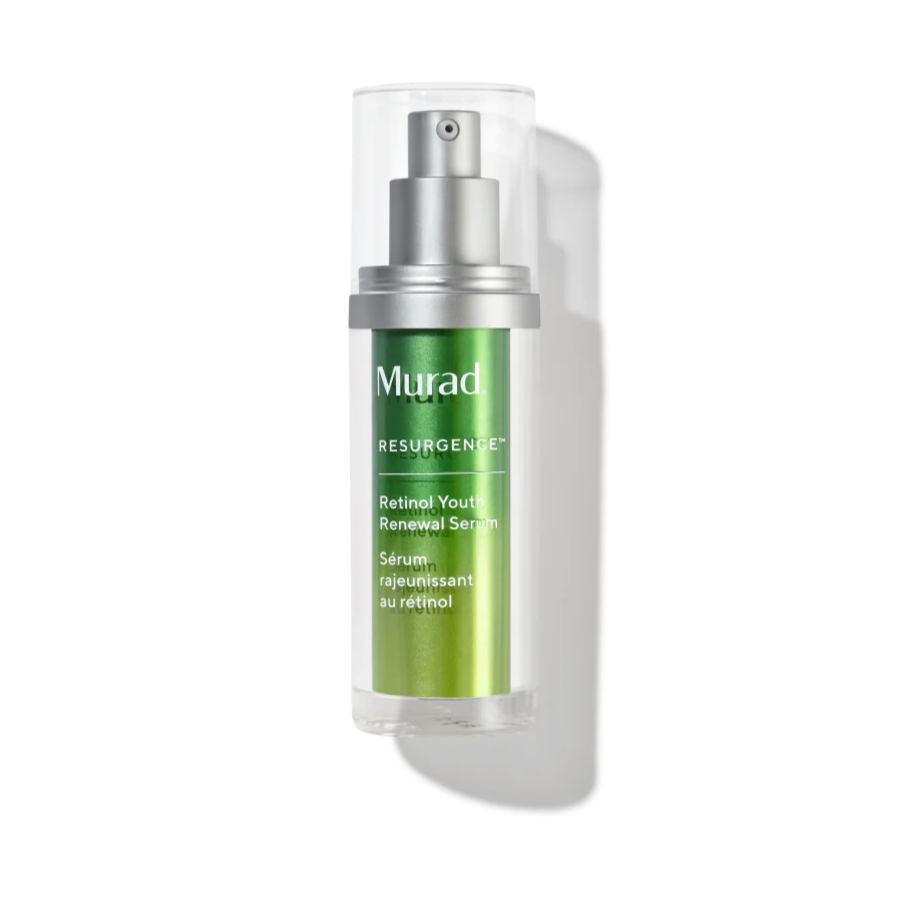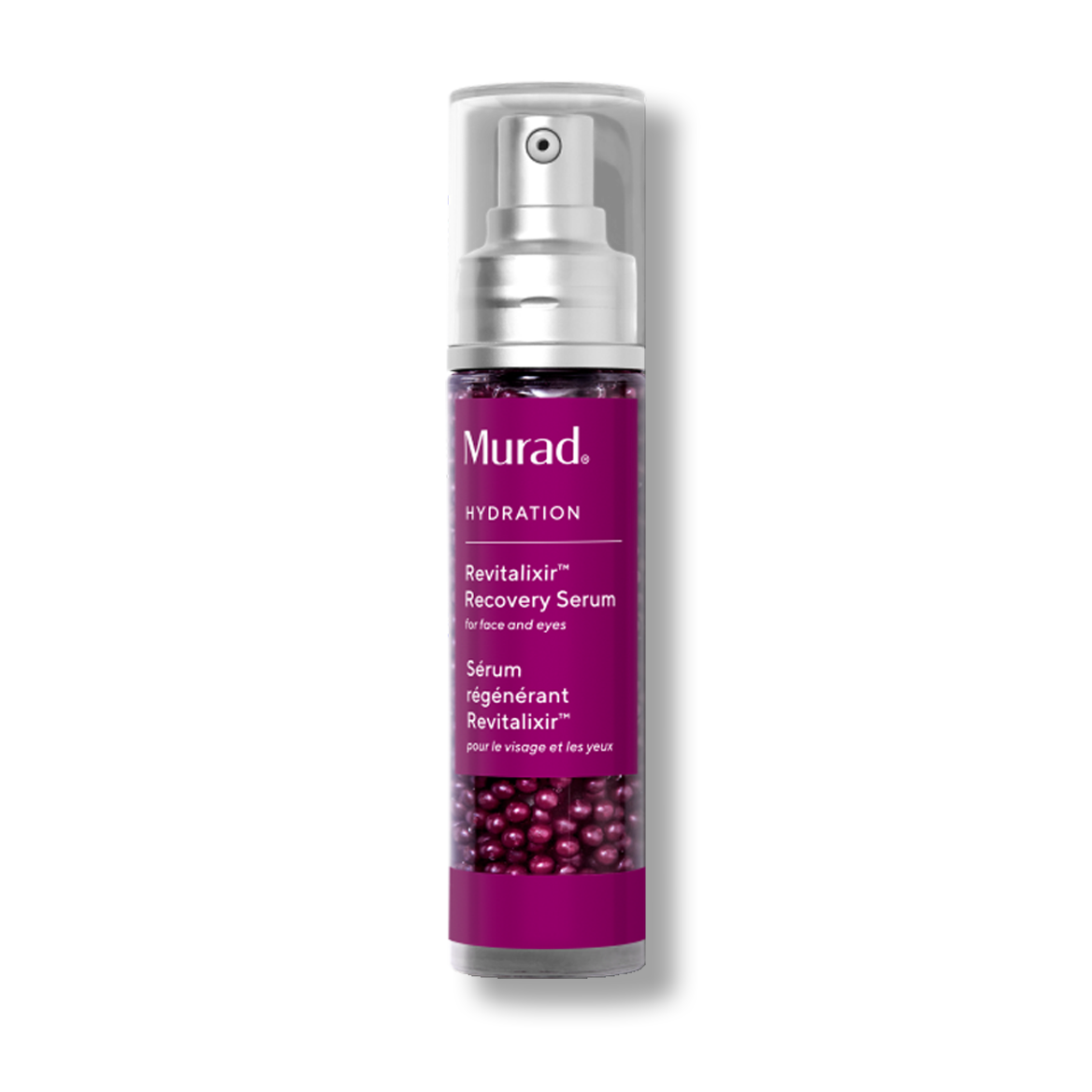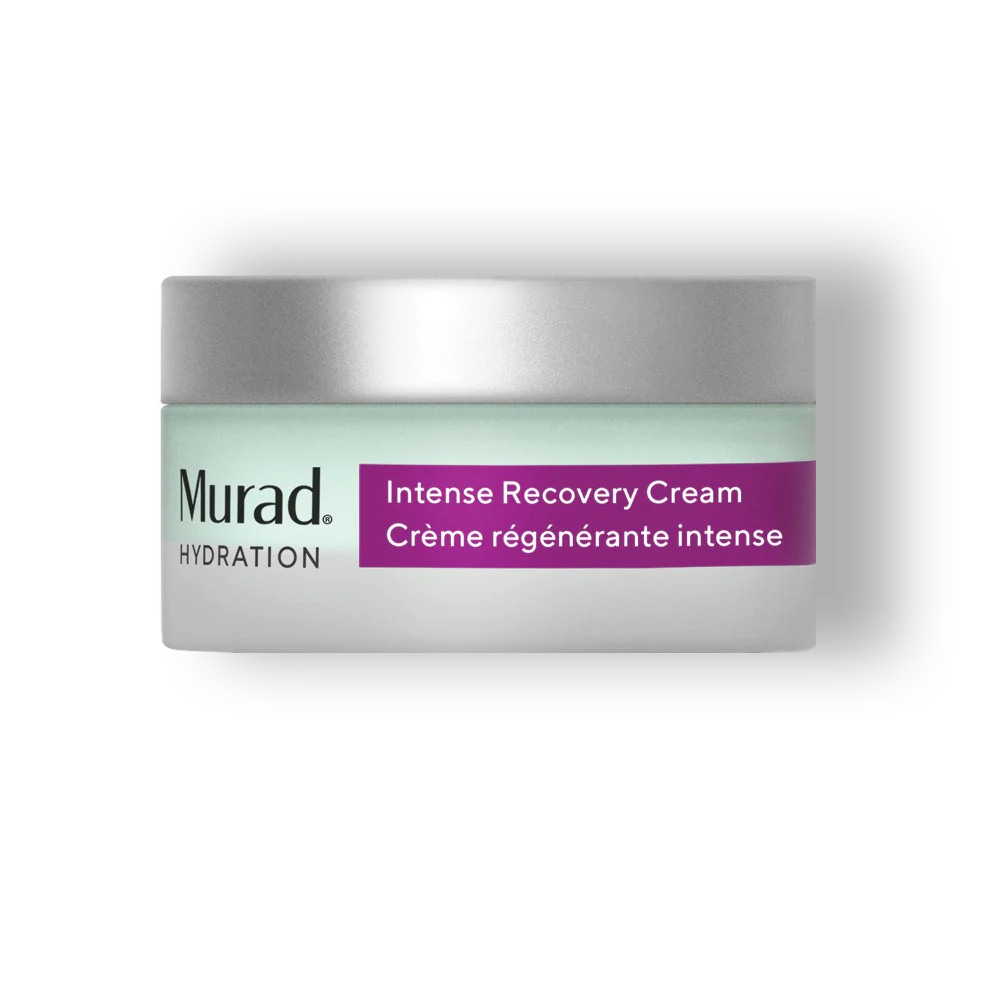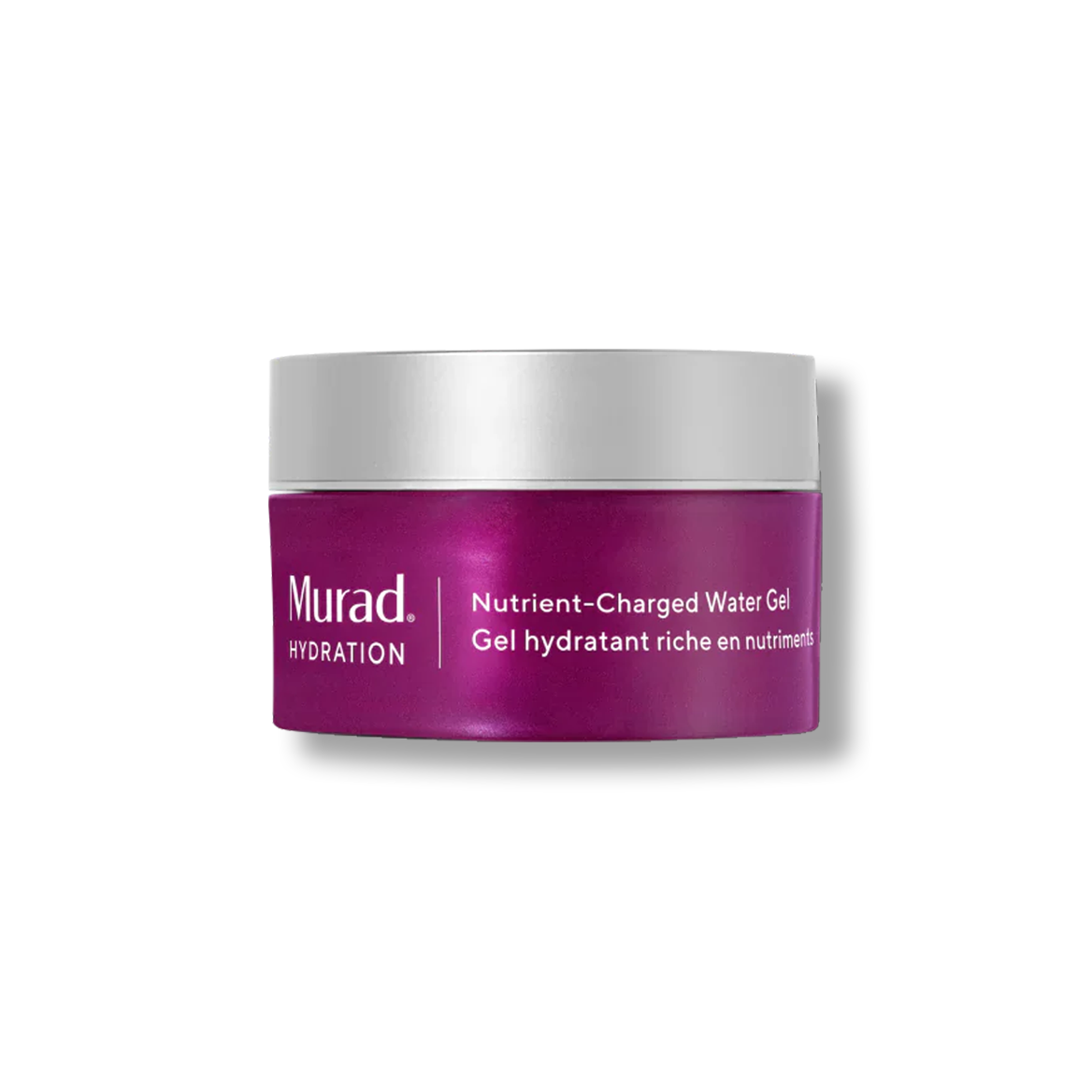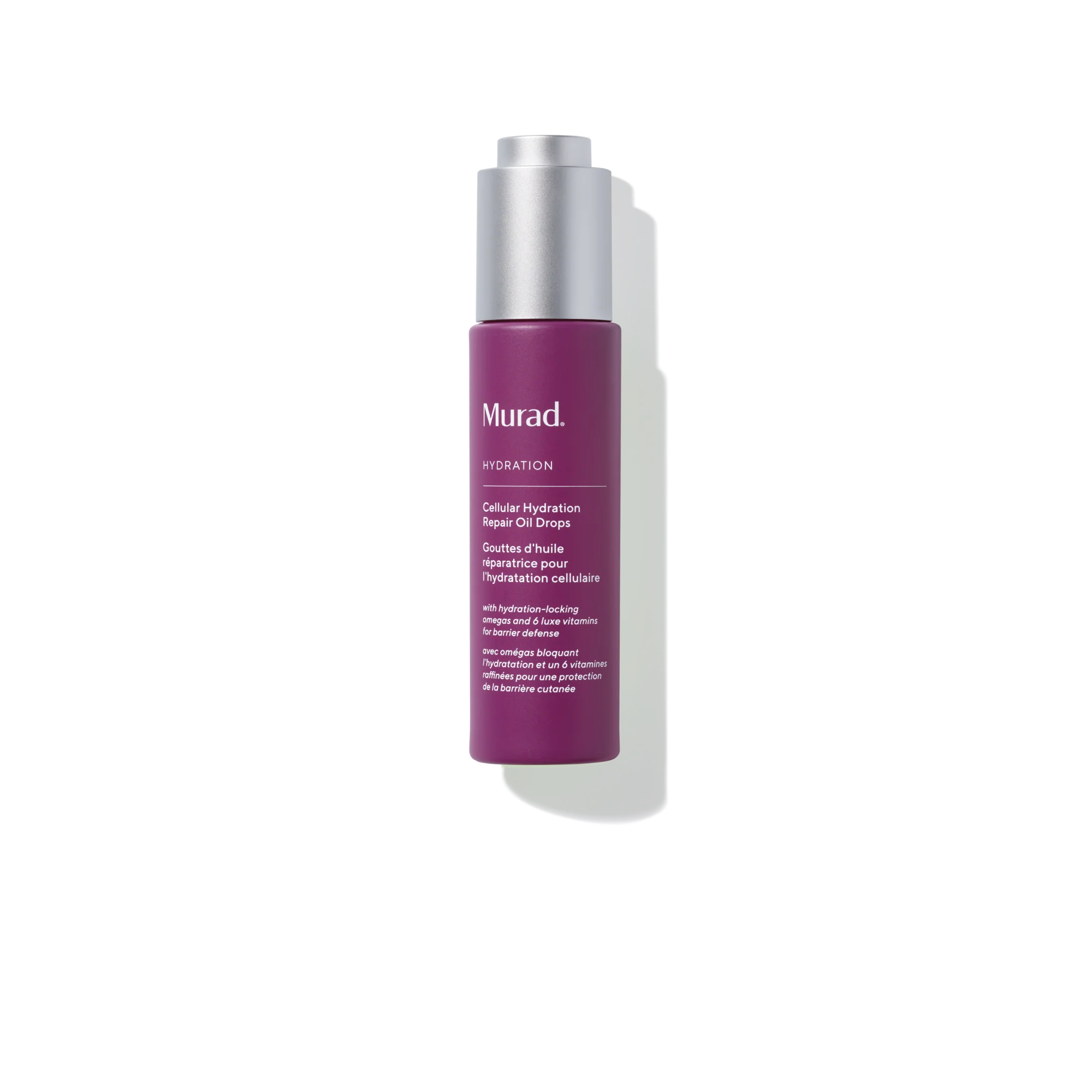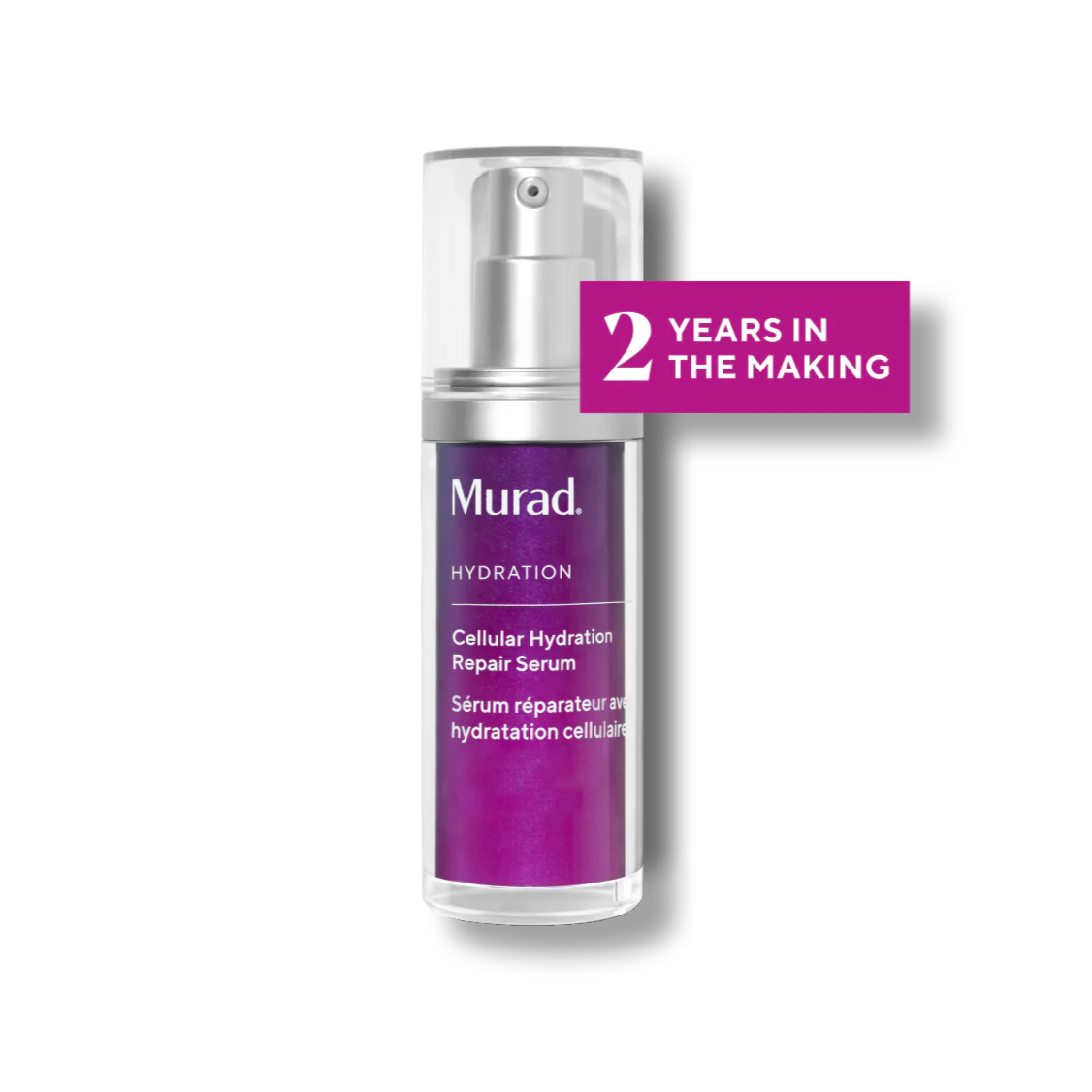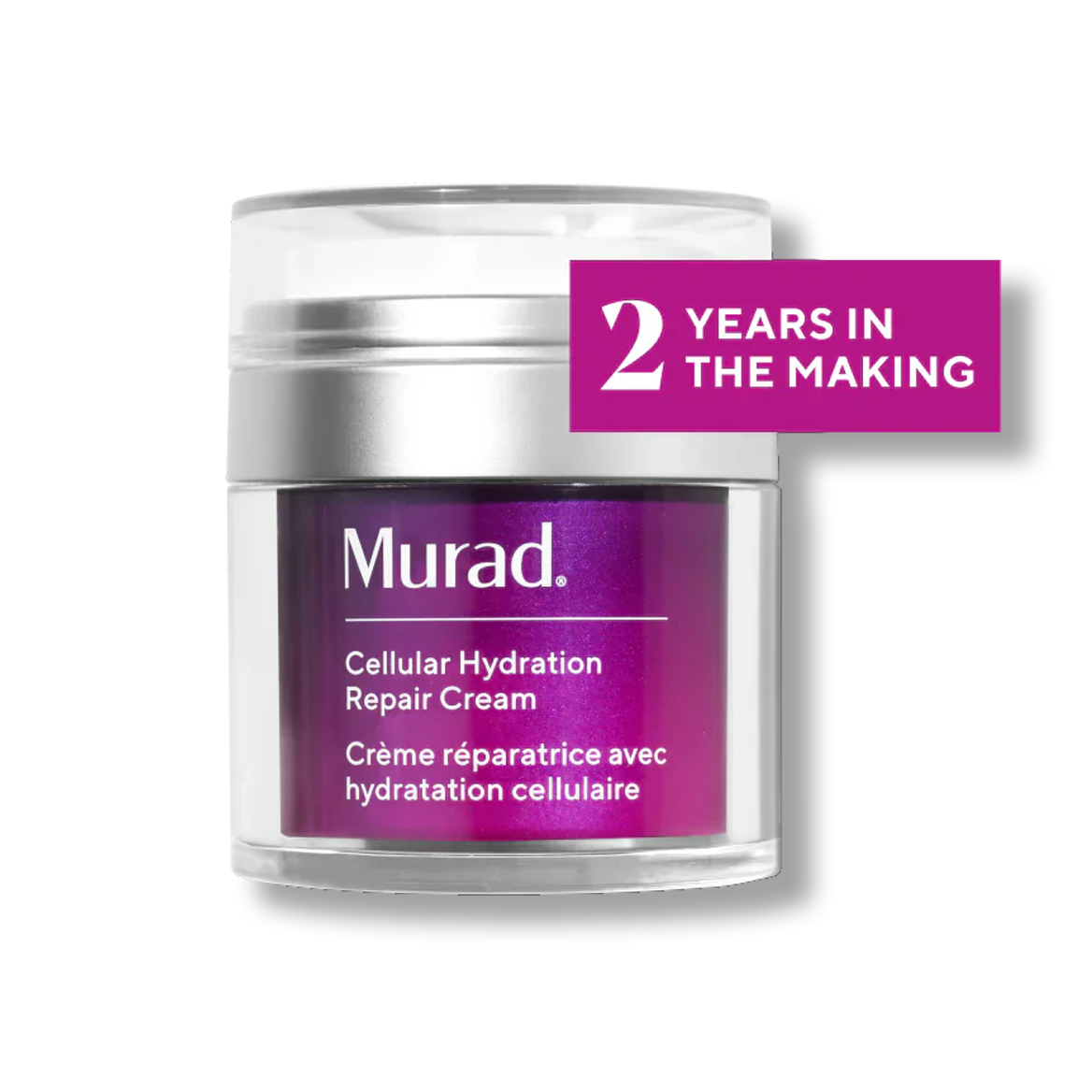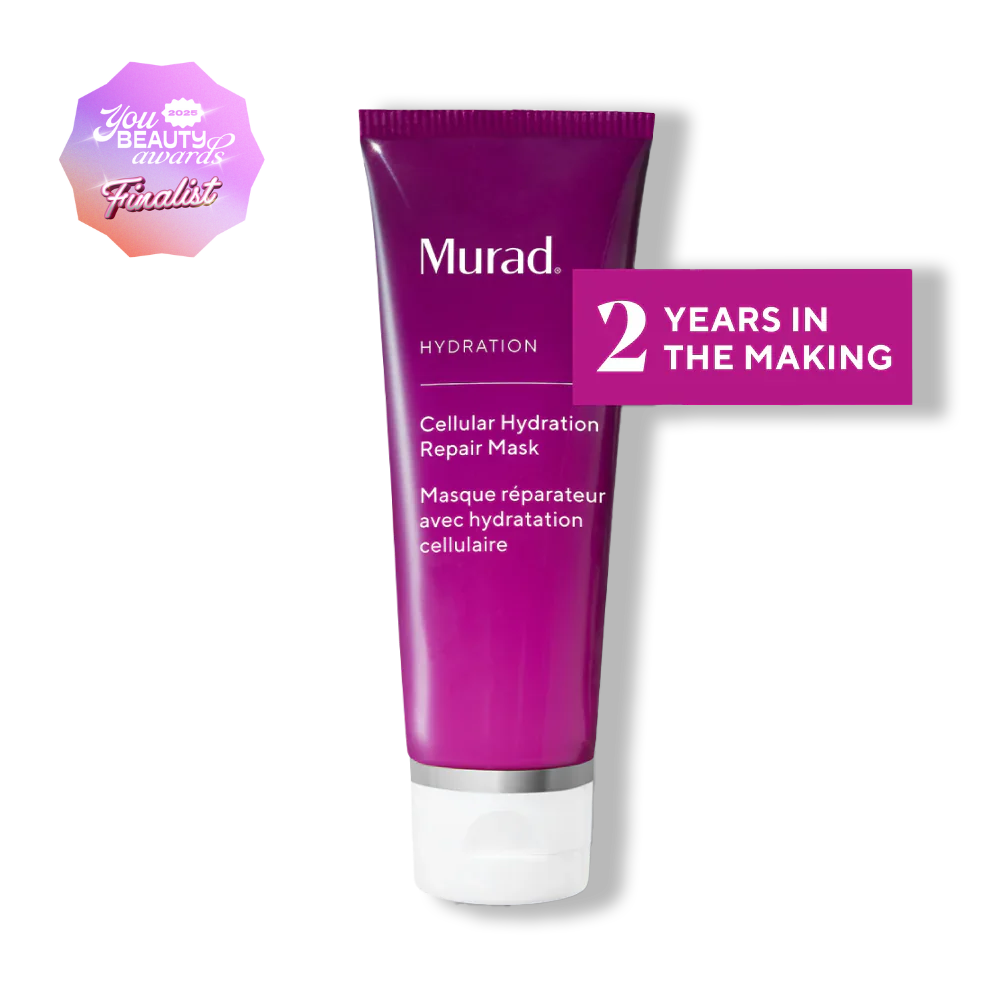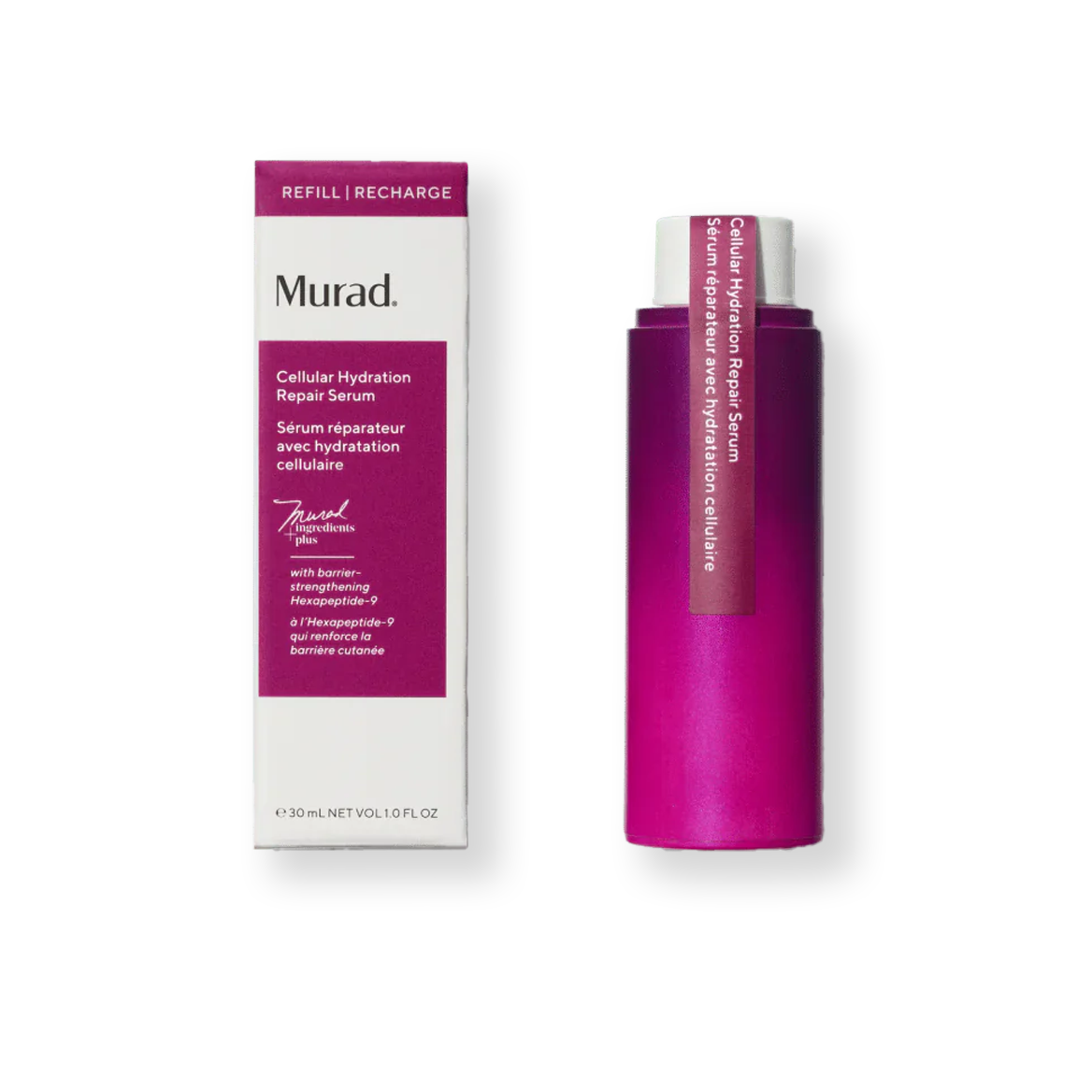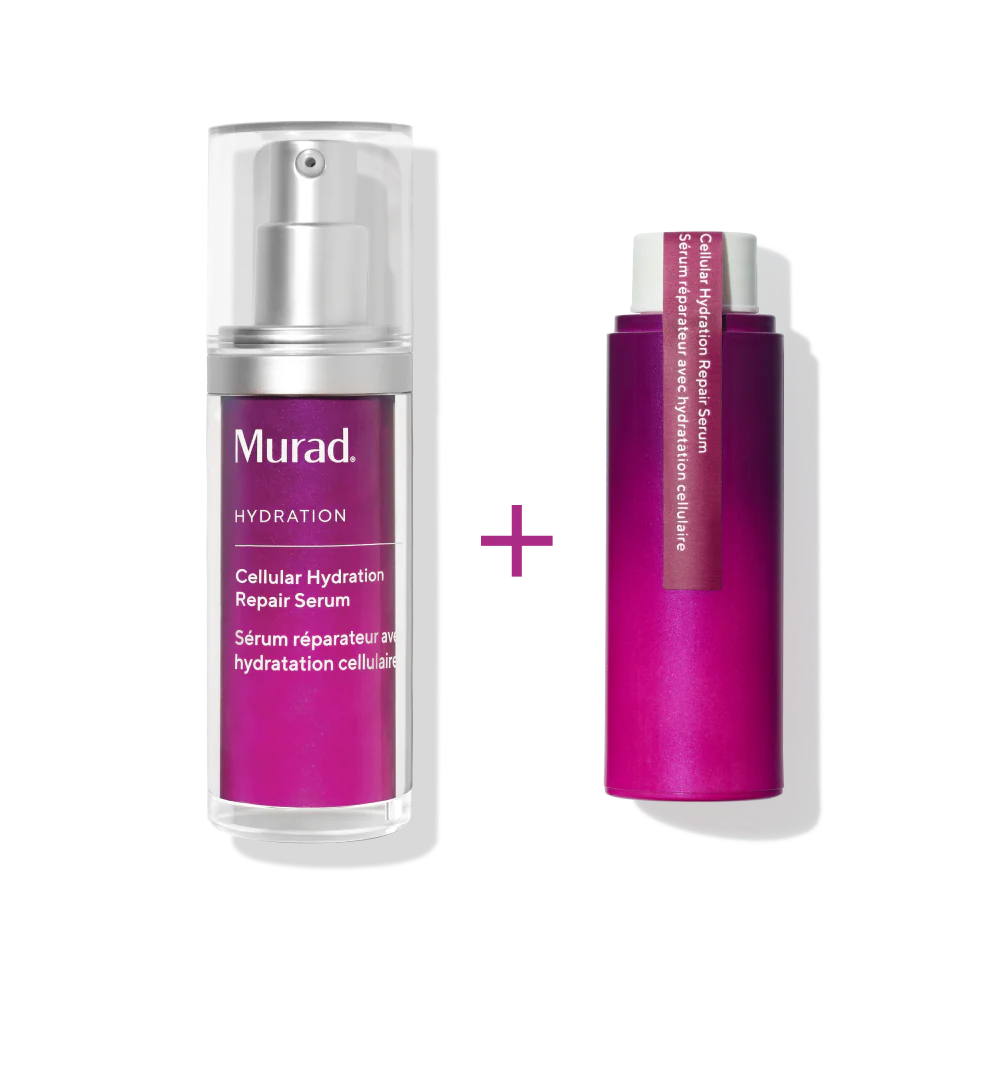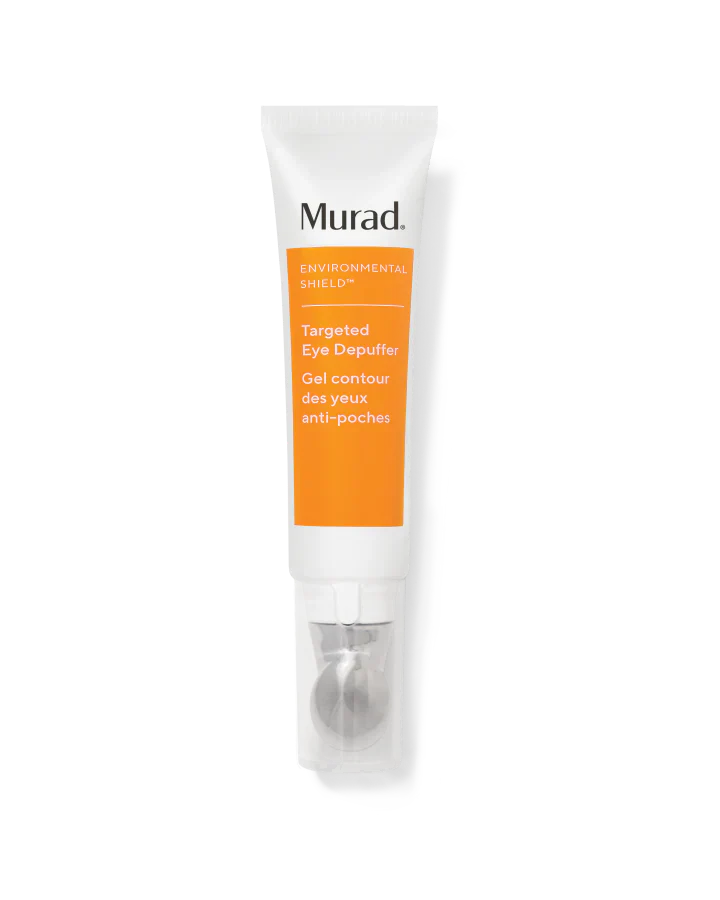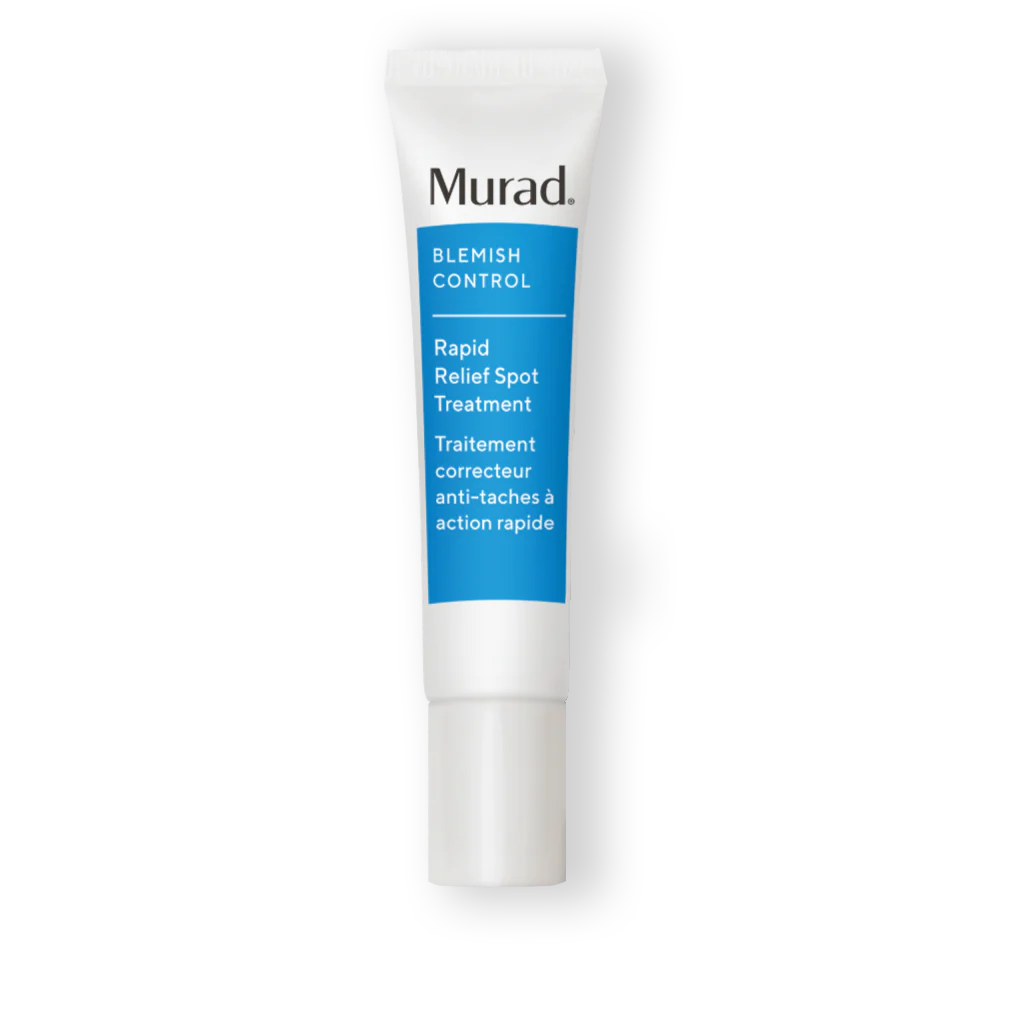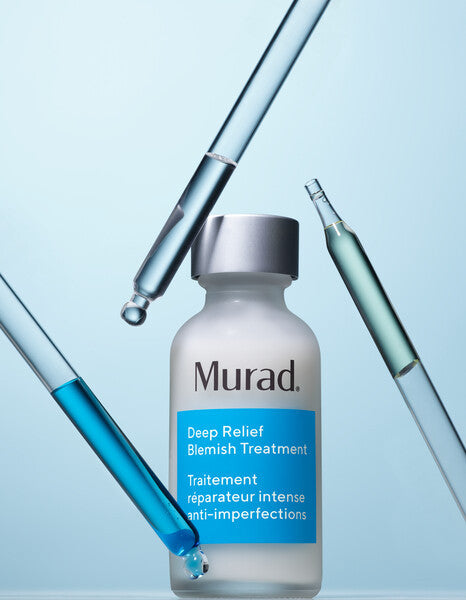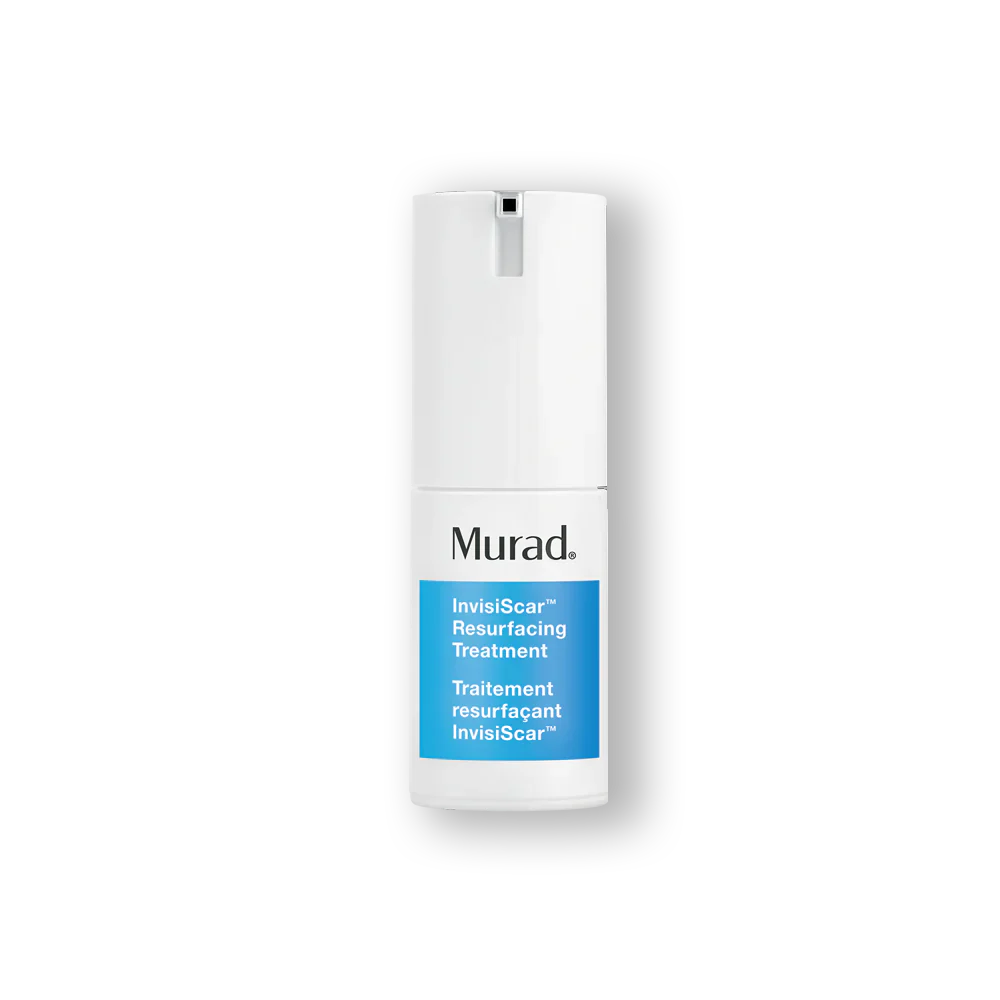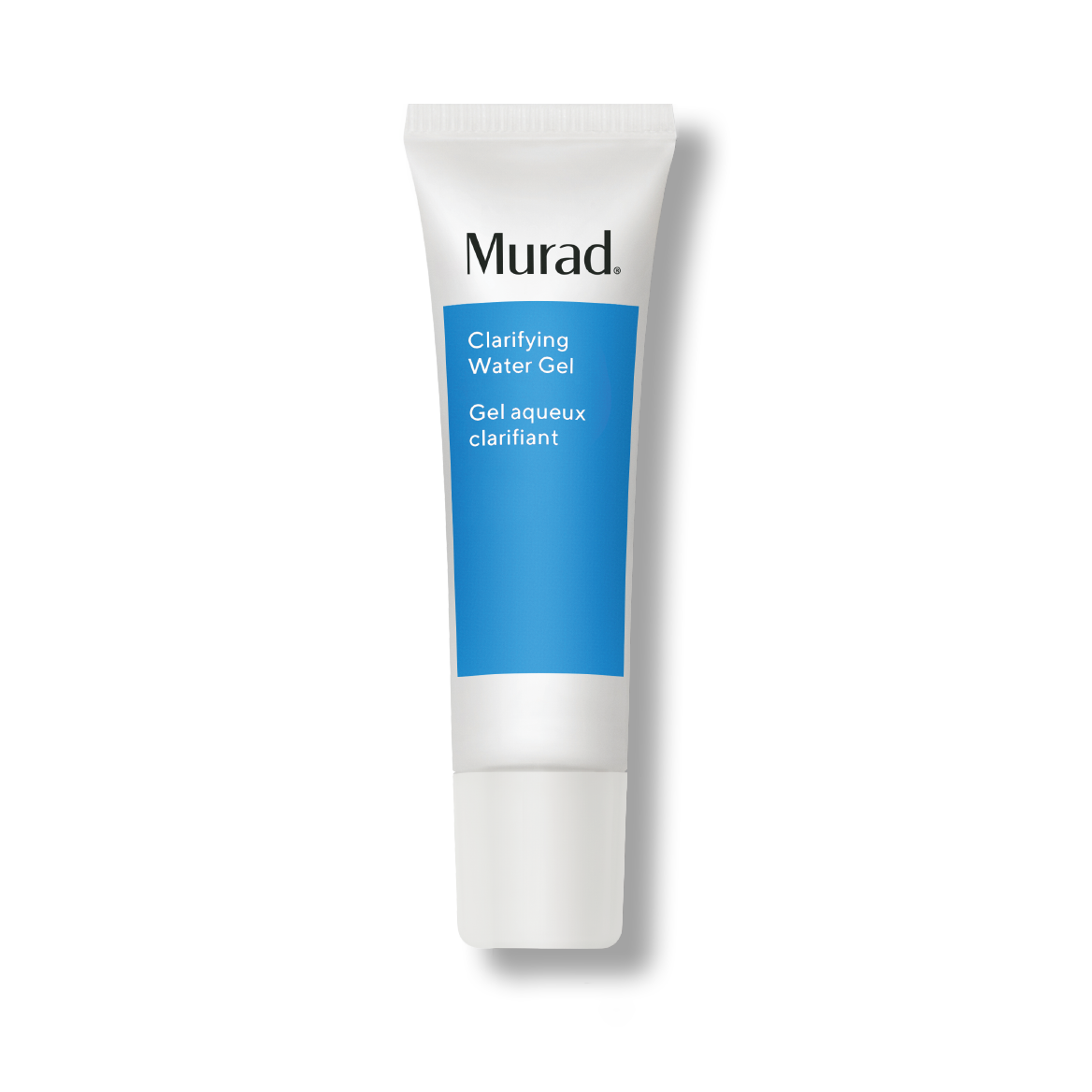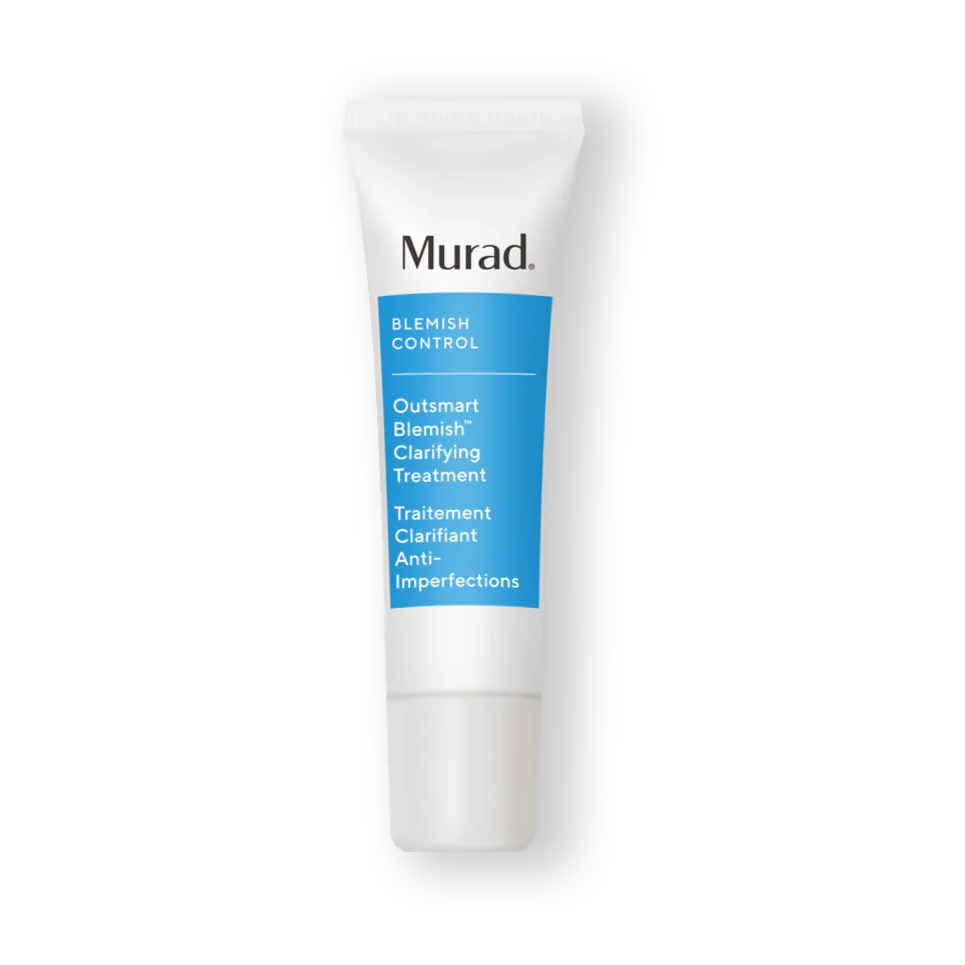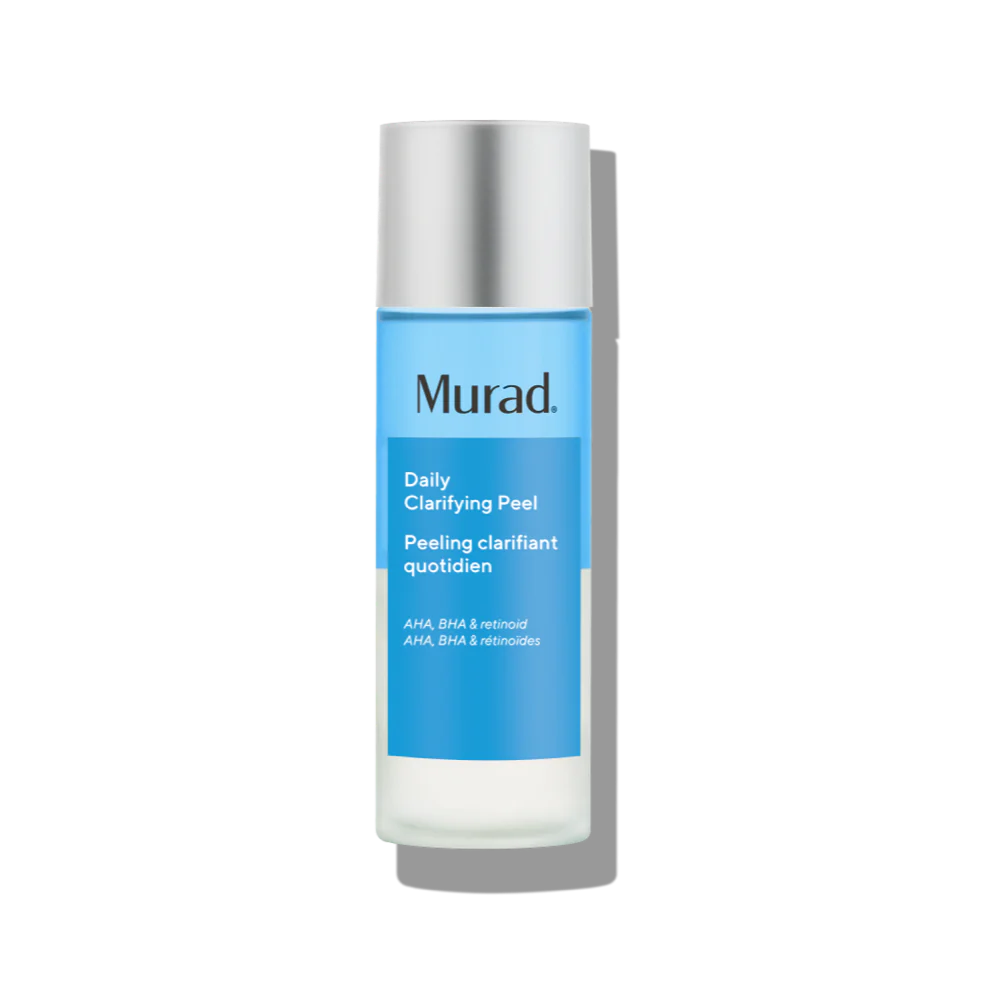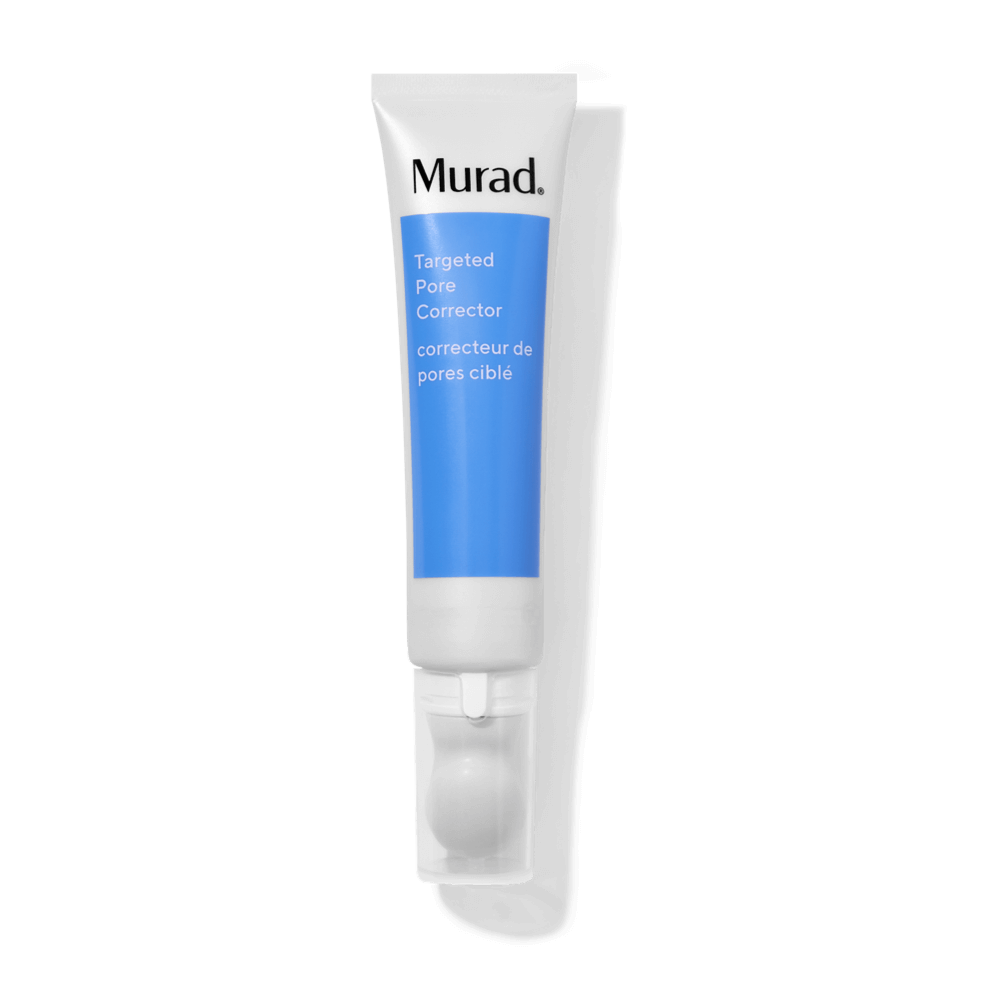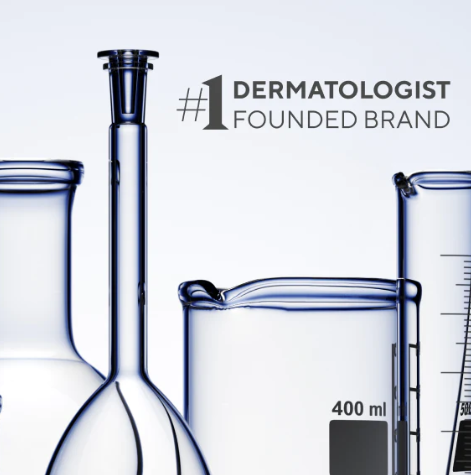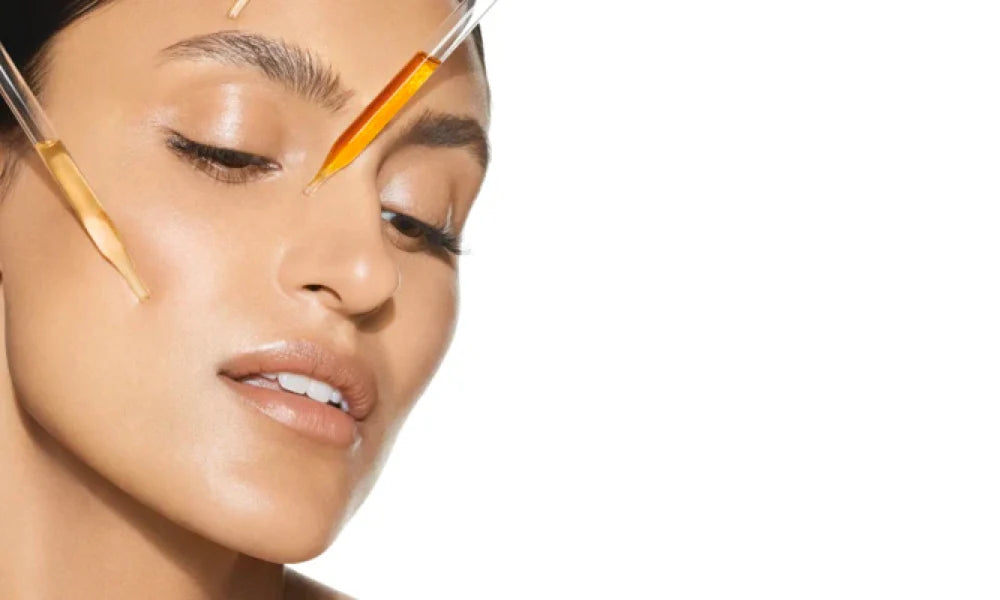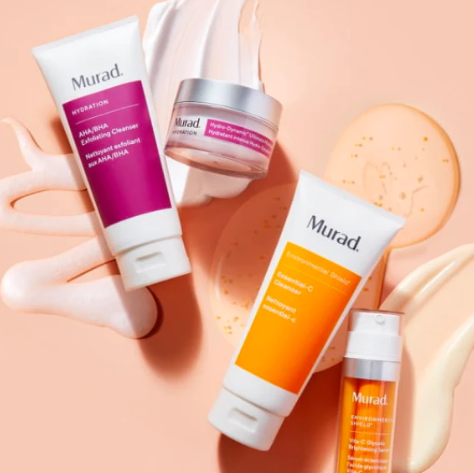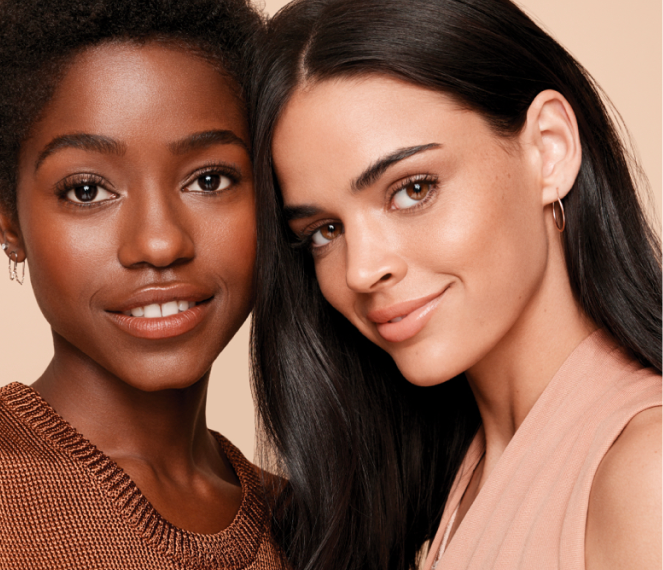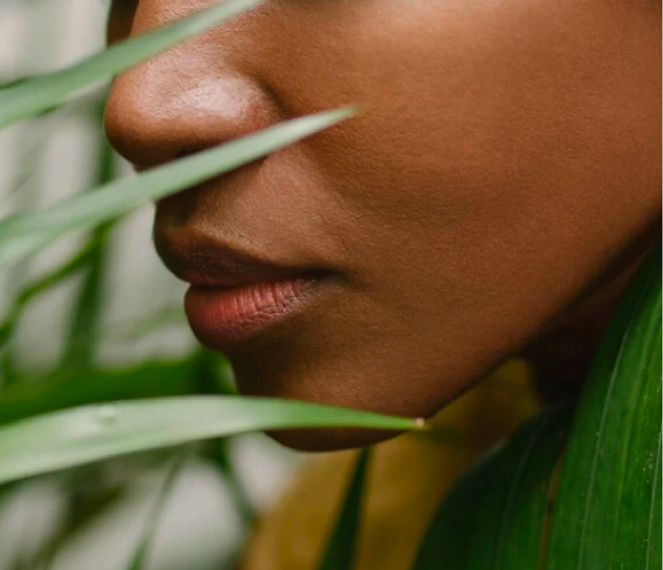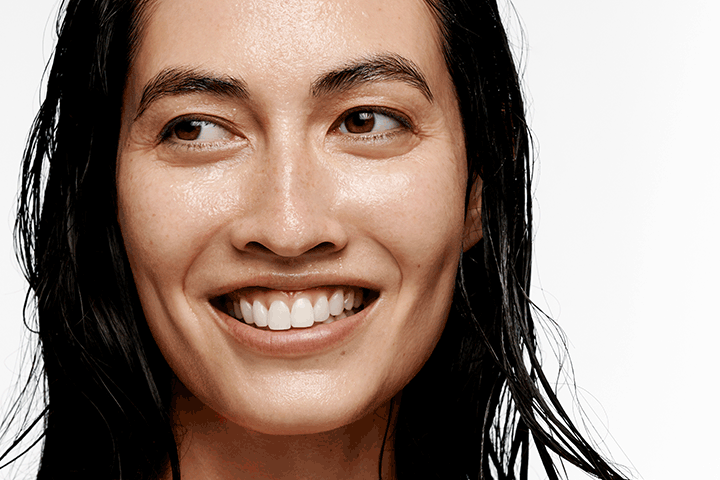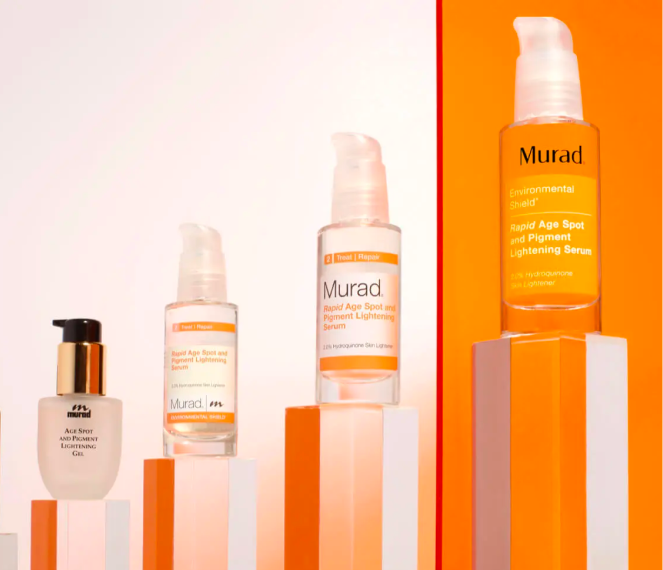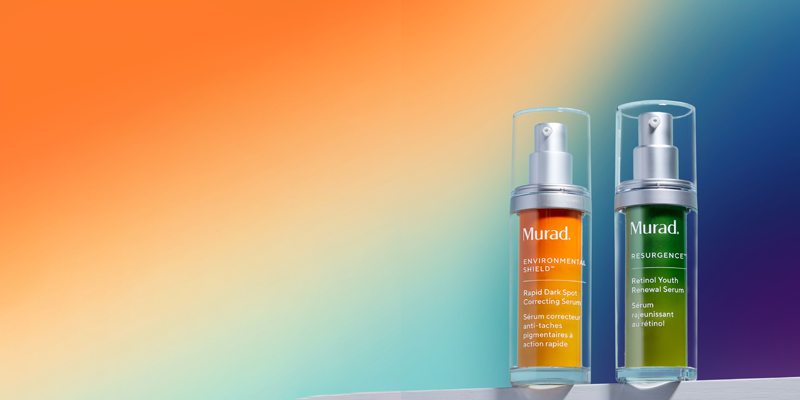5 Ways Your Lifestyle Affects Your Skin
Sun bathing
No surprise here that too much UV light from the sun or sunbeds can be very damaging to the skin. In the short term, this can mean dealing with sunburn but there are long term consequences too, including premature ageing of the skin and an increased risk of skin cancer. This is why dermatologists will always tell you to include SPF in your daily routine, even on a cloudy day.
Diet
It’s not as easy as "eat this, not that" for healthy, youthful looking skin but certain nutrients do seem to play a particular role in skin health namely; protein, omega 3 fatty acids, Vitamins A,C, E and B, and selenium.
In general, a healthy-balanced, diet in keeping with the 'Mediterranean diet' which is rich in colourful fruits and vegetables, legumes, whole grains, olive oil, nuts, and seeds. With low-moderate amounts of dairy, eggs, fish, and poultry, and minimal amounts of red and processed meat, alcohol, processed foods, and sugar. This dietary pattern has also been linked to a number of other health benefits including heart health and brain health - so it's a win-win all around.
Make sure to moderate alcohol consumption as that can have detrimental effects in both the short term and the long term. Staying adequately hydrated is also very important for skin health so aim to drink (and eat!) plenty of water throughout the day.
Sleep
Beauty sleep is no myth. Not only does lack of sleep make you look (in the short term) more tired due to puffy eyes and dark circles; but it is also a cause of ageing skin. In a study of 60 women, those who were chronic "poor sleepers" (poor quality sleep and < 5 hours per night) had increased signs of skin ageing and reduced skin barrier function, plus they were less satisfied with their appearance in comparison to "good sleepers" (1). This is because sleep is not a passive activity for our skin, but rather allows our skin to recover overnight to improve skin barrier function and hydration.
Smoking
We know smoking is damaging to the lungs, but not many people consider the effects on their skin. By far, the two biggest external factors that have a heavy toll on skin, are smoking and exposure to UV light (2). Cigarette smoking has been associated with premature skin ageing, poor wound healing, skin cancer, and can worsen other skin disorders such as psoriasis (3, 4). If you are looking for support to stop smoking, there are lots of free resources and support services in the NHS to help you.
Exercise
Exercise is a great way to increase blood flow to the skin, providing oxygen and key nutrients. It also improves our skin's appearance through stress management and helps to improve sleep. After a good sweat, make sure to shower promptly to help avoid skin irritation and body acne.
References
(1) Oyetakin-White P, Suggs A, Koo B, Matsui MS, Yarosh D, Cooper KD, Baron ED. Does poor sleep quality affect skin ageing? Clin Exp Dermatol. 2015 Jan;40(1):17-22. doi: 10.1111/ced.12455. Epub 2014 Sep 30. PMID: 25266053. (2) Farage MA, Miller KW, Elsner P, Maibach HI. Intrinsic and extrinsic factors in skin ageing: a review. Int J Cosmet Sci. 2008 Apr;30(2):87-95. doi: 10.1111/j.1468-2494.2007.00415.x. PMID: 18377617. (3) Arafa A, Mostafa A, Navarini AA, Dong JY. The association between smoking and risk of skin cancer: a meta-analysis of cohort studies. Cancer Causes Control. 2020 Aug;31(8):787-794. doi: 10.1007/s10552-020-01319-8. Epub 2020 May 27. PMID: 32458137. (4) Ortiz A, Grando SA. Smoking and the skin. Int J Dermatol. 2012 Mar;51(3):250-62. doi: 10.1111/j.1365-4632.2011.05205.x. PMID: 22348557.
